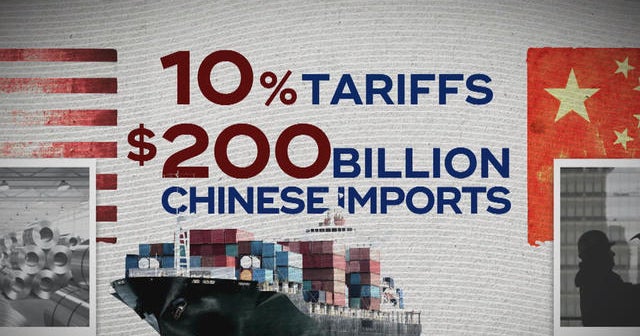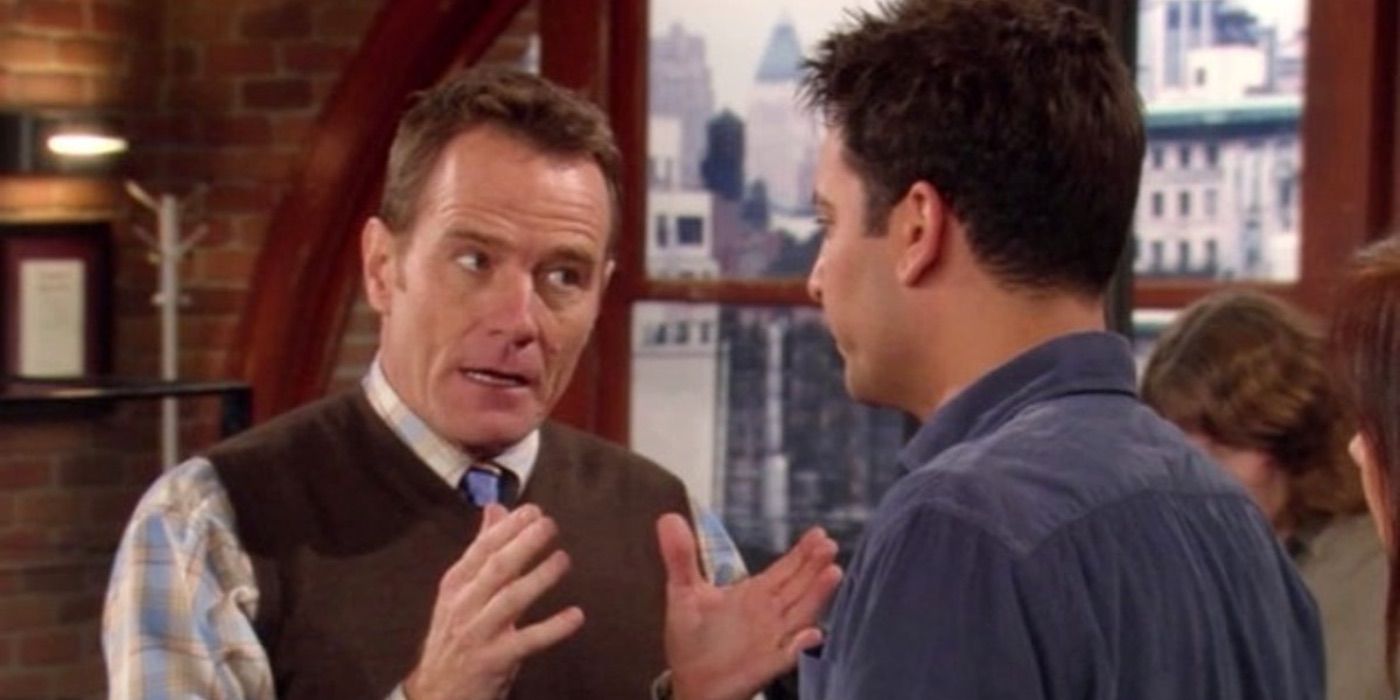French Consumer Spending Slows In April: Lower Than Projected Growth

Table of Contents
Reasons for the Decline in French Consumer Spending
Several interconnected factors contributed to the decline in French consumer spending observed in April. Analyzing these factors is key to understanding the broader economic picture.
Inflationary Pressures
Rising prices for essential goods are significantly impacting disposable income and consumer purchasing power. This squeeze on household budgets is a major driver of the slowdown.
- Increased energy costs due to geopolitical factors: The ongoing energy crisis, exacerbated by geopolitical instability, has led to substantially higher energy bills for French households. This increased cost of living directly reduces the amount available for discretionary spending.
- Soaring food prices impacting household budgets: Food inflation is also significantly impacting French consumers. Rising prices for staple foods, coupled with supply chain disruptions, have forced many households to cut back on spending in other areas.
- Reduced real wages despite nominal wage increases: While some nominal wage increases have occurred, they haven't kept pace with inflation. This means that despite earning more on paper, many French workers are experiencing a decline in their real purchasing power. This erosion of real wages is a key factor impacting French consumer spending trends.
Waning Consumer Confidence
Surveys consistently indicate a decline in consumer confidence in France, reflecting uncertainty about the future economic outlook. This uncertainty directly translates into reduced spending.
- Concerns about potential recessionary pressures: Growing concerns about a potential recession are weighing heavily on consumer sentiment. This fear of job losses and economic hardship leads to a more cautious approach to spending.
- Uncertainty regarding future employment prospects: The uncertain economic climate is creating anxiety about job security, leading to reduced spending and increased saving as a precautionary measure.
- Impact of rising interest rates on borrowing and spending: Increased interest rates make borrowing more expensive, impacting both consumer loans and mortgages. This further restricts spending and investment.
Shifting Consumer Priorities
French consumers are increasingly prioritizing essential spending over discretionary purchases, leading to a slowdown in certain sectors.
- Increased focus on necessities like food and energy: With rising prices for essential goods, consumers are forced to allocate a larger portion of their income to necessities, leaving less for non-essential items.
- Reduced spending on leisure activities and non-essential goods: Spending on leisure activities, entertainment, and non-essential goods has decreased as consumers tighten their belts. This is evident in reduced spending on restaurants, travel, and retail goods.
- Potential shift towards value-oriented brands and products: Consumers are increasingly looking for value-for-money options, leading to a shift towards cheaper brands and products. This trend affects both online and physical retail.
Impact on the French Economy
The slowdown in French consumer spending has significant implications for the broader French economy.
GDP Growth Forecasts
The decline in consumer spending is likely to negatively impact overall GDP growth forecasts for the second quarter of the year and potentially beyond.
- Revised GDP projections from economic analysts: Economic analysts are revising their GDP growth projections downwards to reflect the impact of reduced consumer spending.
- Potential implications for government fiscal policy: The government may need to adjust its fiscal policy to address the slowdown and potentially stimulate economic growth.
- Impact on investment and business confidence: Reduced consumer spending can negatively affect business confidence and investment, creating a vicious cycle of economic slowdown.
Sectoral Impacts
Certain sectors are particularly vulnerable to the decline in consumer spending.
- Reduced sales and revenue in affected industries: Industries like retail, hospitality, and tourism are experiencing a significant drop in sales and revenue due to decreased consumer spending.
- Potential job losses and business closures: The slowdown could lead to job losses and even business closures in sectors heavily reliant on consumer spending.
- Need for adaptive strategies to navigate the slowdown: Businesses need to adapt their strategies to navigate the challenging economic climate, potentially through cost-cutting measures or by offering more value-oriented products and services.
Potential Future Trends in French Consumer Spending
The future trajectory of French consumer spending depends on several factors, including government intervention and consumer behavior adaptation.
Government Intervention
The French government may implement measures to stimulate consumer spending and boost the economy.
- Potential government initiatives to boost consumer confidence: The government might introduce measures such as tax breaks, subsidies, or other incentives to encourage spending.
- Effectiveness of past stimulus packages in similar situations: The success of these measures will depend on their design and effectiveness, as well as the overall economic context.
- Long-term implications of government interventions: Government interventions can have both positive and negative long-term implications on the economy and consumer behavior.
Consumer Behavior Adaptation
Consumers may adapt their spending habits in response to the economic climate.
- Increased price comparison and value-seeking behavior: Consumers are likely to engage in more price comparison and seek out value-for-money options.
- Greater reliance on budgeting and financial planning: Many will adopt stricter budgeting strategies and financial planning to manage their finances more effectively.
- Potential shift towards sustainable and ethical consumption: The economic slowdown may influence consumer choices towards more sustainable and ethical products, aligning with longer-term values.
Conclusion
The slowdown in French consumer spending in April highlights the complex economic challenges facing France. Inflation, waning consumer confidence, and shifting priorities are key contributors to this decline, which is impacting GDP growth and various sectors. Businesses and policymakers need to carefully monitor French consumer spending trends and develop appropriate strategies. Continued monitoring of French consumer spending data is vital for understanding the evolving economic landscape and making informed decisions. Stay informed about the latest developments regarding French consumer spending to make the best choices for your business or investments.

Featured Posts
-
 Riesgo Vs Recompensa En Las Carreras Sprint De Moto Gp Vale La Pena
May 29, 2025
Riesgo Vs Recompensa En Las Carreras Sprint De Moto Gp Vale La Pena
May 29, 2025 -
 Merkt Bayrn Mywnkh Wbrshlwnt Ela Laeb Jdyd
May 29, 2025
Merkt Bayrn Mywnkh Wbrshlwnt Ela Laeb Jdyd
May 29, 2025 -
 Rising Tariffs And Their Impact On Canadian Business Confidence A Stat Can Perspective
May 29, 2025
Rising Tariffs And Their Impact On Canadian Business Confidence A Stat Can Perspective
May 29, 2025 -
 Bryan Cranston Predicted Pete Roses Future On How I Met Your Mother
May 29, 2025
Bryan Cranston Predicted Pete Roses Future On How I Met Your Mother
May 29, 2025 -
 Covid 19 Vaccination Lowering Your Long Covid Risk
May 29, 2025
Covid 19 Vaccination Lowering Your Long Covid Risk
May 29, 2025
